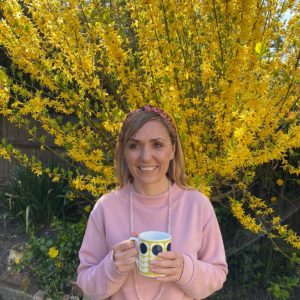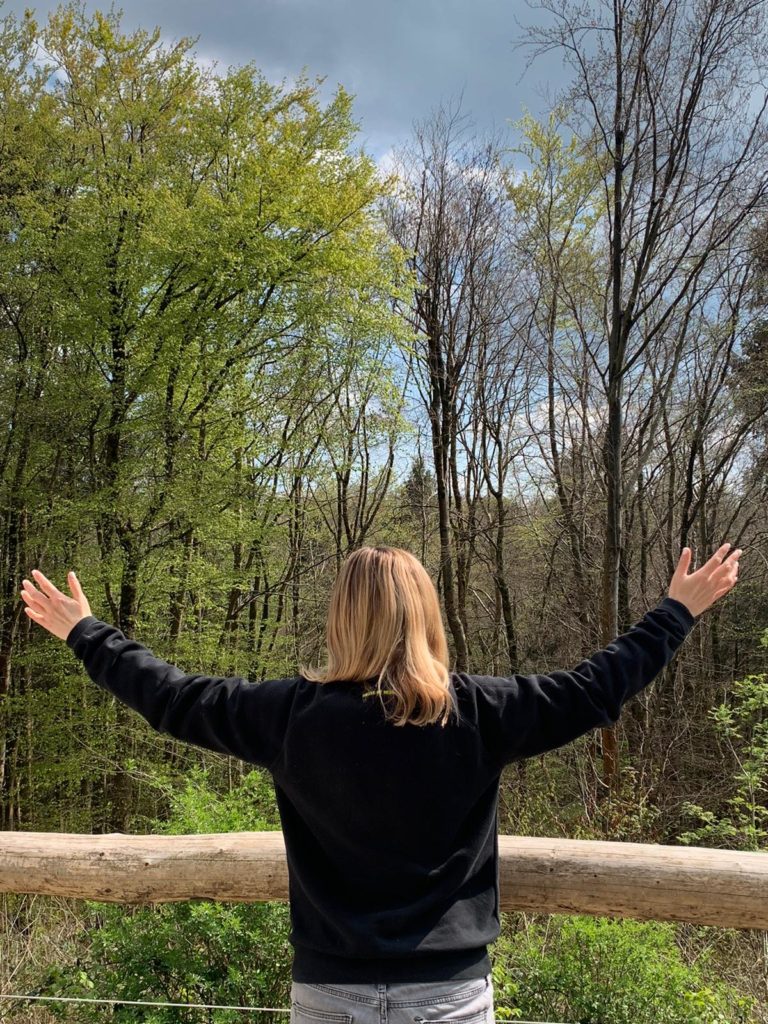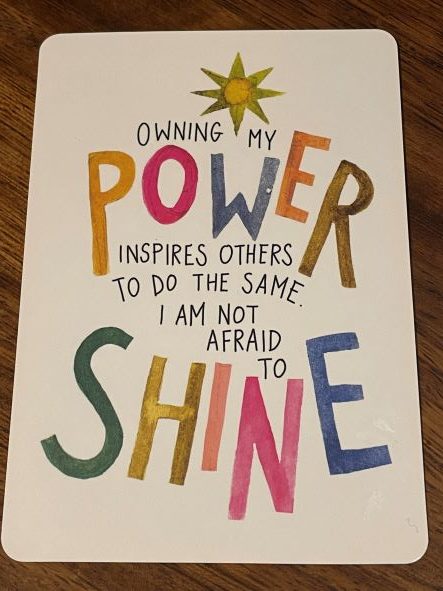Why it is important to think about our menopause as our ‘Second Spring’?
When I attended my Menopause Yoga teacher training in March 2020, I was primarily going to learn for myself. I wanted to be around other women going through their own menopause journeys, to learn and share together from our personal experiences. And I obviously wanted to learn about how to better support myself and the symptoms I was experiencing. And with time, practice, and continued learning that I could share with others, like our community here at Menopause-ology.
But one of the most powerful and surprising things (and there were many) that I learnt during this teacher training was about ‘Second Spring’. For me it has been a real game changer in reframing my own menopause journey.
I learnt that in Traditional Chinese Medicine (TCM) menopause is beautifully referred to as “The Second Spring”, a natural stage of life when a woman can work with nature to have a positive impact on her health.
In TCM this stage of a woman’s life following the cessation of the menstrual cycles represents a renewal of energy and opportunities.
Fear and Embarrassment of Menopause

For the first years after realising I was perimenopausal, I was acutely aware of my feelings of embarrassment and fear. Embarrassment quite honestly to admit I was ageing and all the negative connotations that ageing brings for many of us.
And fear because of a lot of unknown, but also because of the negative images that menopause brought up for me, again interestingly pretty much all-around ageing – the end of fertility and sexuality, becoming frail, loss of strength of mind and body, and dependent on others.
Many women talk about mourning the passing of a phase of their life when their biological usefulness is over.
How can we cope with our menopause journeys?
While the West views the cessation of periods as the advance of ageing, and essentially a negative thing to be ageing in societies where youth is privileged, TCM views this as the body’s wisdom slowing down the ageing process to bring longevity and a new balance in our following years.
Menopause is as important in the feminine cycle as menstruation and pregnancy. Just as the onset of the menstrual cycle signals the passage from girl to woman, menopause marks a woman’s passage to wise woman elder.
I don’t know about you but thinking about moving into my next stage in life, full of wisdom, power, experience, strength, and renewed energy has been such a positive and supportive mechanism for me to move away from fear, shyness, embarrassment, and embrace the opportunities that can be available to all of us.
Positive experiences of menopause across different cultures
Ancient matriarchal cultures and many of today’s indigenous cultures have long recognised the wisdom of menopause. For example, in northern Sudan, menopause is merely another facet of growing older, bringing with it increased social power and respect.
Across indigenous cultures, from the Maori in New Zealand to the Iroquois Indians, post-menopausal women are community leaders with considerable power and status. Menopause itself is the transition between being a member of the community at large to becoming a spiritual elder.
A common belief among traditional shamanic cultures — for example, Mayan women and the Cree women of Canada — is that women must enter menopause to access their shamanic and healing powers.
Menstrual blood has the power to create life in the womb, so when women reach the age of retaining their “wise blood,” they cross the threshold into “wise womanhood” by keeping their wise blood within. At this point they become priestesses and healers — the spiritual leaders of their communities.
Wise women have earned this leadership role because women have greater “reproductive” success if, in middle age, we cease production of new children and focus on investing in our children’s children, supporting our communities through our experience and knowledge. This in turn impacts the population and success of the entire community.

Another example I love is that menopause in Japan is called konenki. And when we breakdown this word it literally translates as:
ko meaning “renewal and regeneration,”
nen meaning “year” or “years,”
and ki means “season” or “energy.”
Menopause is an opportunity to harness our energy and wisdom, that is now freed from the cycle of ovulation and menstruation, and redirect it to new creative ventures, realise new or old dreams, and fully step into our right of passage to be celebrated and respected.
“In societies where age is more revered and the older woman is the wiser and better woman, menopausal symptoms are significantly less bothersome,” author Dr. Mary Jane Minkin, a professor in obstetrics, gynaecology and reproductive health at Yale Medical School reports.
“Where older is not better, many women equate menopause with old age, and symptoms can be much more devastating.”
Now isn’t that something significant for us to think about!
Changing our menopause mindset, changing society’s menopause narrative

By changing our mindset, that of others around us, and eventually society’s narrative, our individual and collective mental health will improve – something that I think is incredibly important!
Experiencing poor mental health during our menopause journeys is frequently reported, with increased feelings of depression, anxiety, mood swings and irritability. Some of those changes for some women can be severe.
I do want to fully acknowledge that the changes in our hormones during this time does impact our mental health, but so does mindset.
And by understanding the positive ways that this transition can impact our lives, and those around us is incredibly powerful – moving us from a ‘deficit’ way of thinking to an ‘asset’ based thinking, a technique commonly used in positive psychology to improve mental health.
Rather than us focussing on the things we think we are ‘losing’ we re-orientate to the things that are now available to us. And honestly, the positive trigger for me was thinking about my menopause as my second spring, full of new energy, blossoming, feeling empowered, and an acceptance of who I am today not yesterday.
So how can we embrace our Second Spring?
- We can understand that menopause signifies a new way of being. Not better, not worse – it’s just different.
- We can accept who we are, with affection and understanding rather than judgement – the same way we would treat a good friend.
- We can consider this stage of life as the biggest opportunity for growth and empowerment since adolescence.
- We can reflect on the tremendous shift and release of energy that is happening within our bodies and minds – this change in energy is preparing us for new opportunities.
- Reflect on what is happening right now in your body and in your mind. Just as you if you were sitting in a garden, taking everything in. Notice the areas that are flourishing and acknowledge other areas that may need further attention. Make a list of anything and everything. Write down what you see and what you feel. Think holistically, looking at the whole picture, being honest. Only you need to see this reality, and if it doesn’t all look pretty right now, don’t worry. Given the right care, it will improve in time.
Wishing you a beautiful journey through your own Second Spring.

Did you find this blog helpful? If you’re looking for more resources to support you to have a positive menopause journey please read my blog “10 Best Resources to Support Your Perimenopause and Menopause”. Wanting to find emotional balance during your menopause transition in a one-to-one with me – set up a discovery call and let’s have a chat.